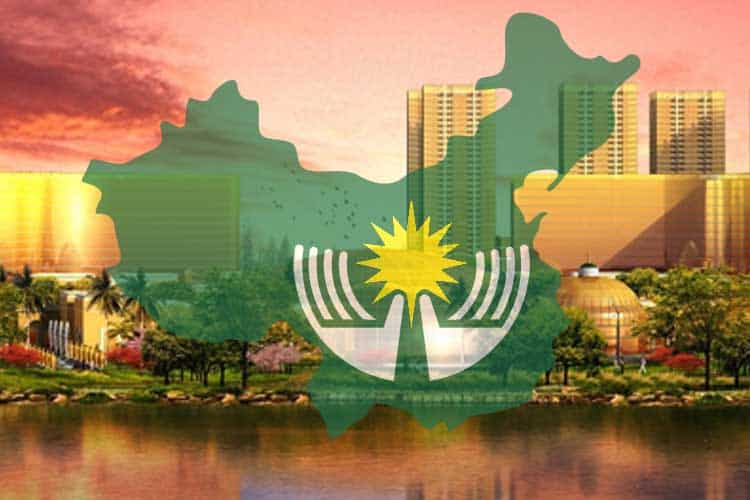On Wednesday August 7th, the Chinese Embassy in Manila released a statement concerning online gambling in mainland China.
The statement read: “Any form of gambling by Chinese citizens, including online gambling, gambling overseas, and opening casinos overseas to attract citizens of China as primary customers, is illegal.” This statement was citing Chinese law regarding online gambling from offshore sites.
The Philippines has recently seen an increase in Chinese working coming to the islands to work in the growing online gambling industry. To curve illegal gambling operations the Philippine Amusement and Gaming Corporation (PAGCOR) started issuing POGO licenses targeted at online sites operating in the Philippines.
These online operators are not allowed to offer their services to Filipino residents but can offer their services to other countries that allow or tolerate the online gambling service. The majority of these licensed sites are targeting mainland China even though China’s laws strictly forbid online gambling.
China does not have jurisdiction across the sea, so they are stuck with enforcing the ban by blocking sites or punishing their citizens in the mainland. The Philippines has always been a popular get away for rich Chinese tourist looking to gamble. Now most Chinese gamblers shoot over to Macau since they are autonomous and the casinos rival Vegas, however the Philippines is still a popular gambling destination.
In the Philippines, Filipinos have access to any of the brick-and-mortar casino gambling locations, mobile casino sites operating offshore, and various other ways to gamble. There are no laws forbidding Filipinos from accessing online sites that operate offshore. The only laws against online gambling are directed towards Philippine operators.
China has not responded to the PH embassy’s statement and Philippine government officials seem to show little concern about the statements made. PAGCOR officials told media sources that they are still perusing taxes for POGO licenses and workers.

